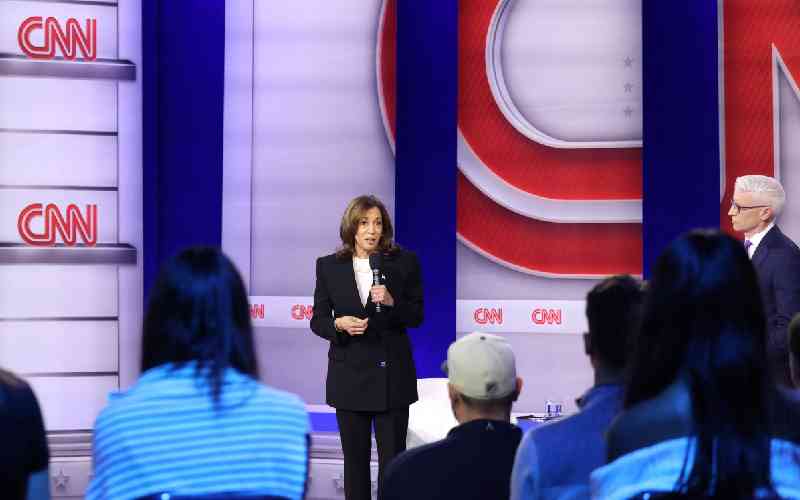×
The Standard e-Paper
Fearless, Trusted News

Kamala Harris will make her "closing argument" on Tuesday against rival Donald Trump, a campaign official said, a key speech to be delivered at the Washington site where the ex-president rallied supporters before the January 6 riot.
The vice president, a former prosecutor, will aim to draw a sharp contrast between her vision and that of Trump, who she says is sowing chaos and division, the Harris campaign official said Wednesday on condition of anonymity.